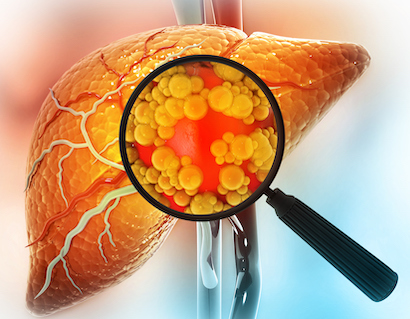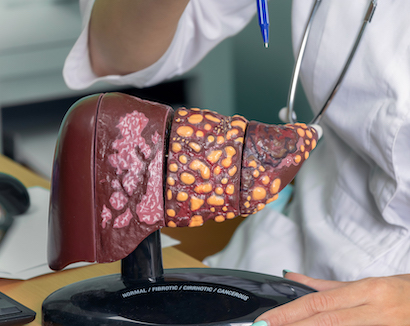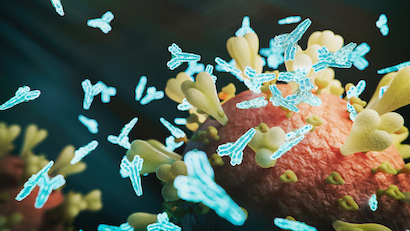- Dr AG Jeetoo Hospital (Civil)
Port Louis, Mauritius - Mon - Sat 8.00 - 18.00.
Sunday CLOSED
Hepatology
At the Centre for Gastroenterology and Hepatology, one of the main liver diseases we see is called Cirrhosis. This condition can have various causes, and it's essential to fully understand what's causing it and what problems it might lead to.
Cirrhosis often shows up with symptoms like anaemia or jaundice. Jaundice is when your eyes and skin turn yellow, and it can also make your skin feel very itchy. But Cirrhosis doesn't usually cause stomach pain or other digestive issues. To figure out what's going on, the first steps usually involve some tests.
One common test is called a gastroscopy. This is when doctors use a tiny camera to look inside your stomach and oesophagus. They're checking for something called varices, which are swollen blood vessels caused by changes in your liver. If they find varices, they might need to do a procedure to stop them from bleeding, called variceal banding. This is a painless procedure done at the time of the gastroscopy itself.

Another test is an ultrasound of your abdomen. This helps doctors see if your liver has changes seen in Cirrhosis and if there's any fluid building up in your belly. It also checks for your spleen, kidneys and other organs. Sometimes, if they need more information, they might recommend a CT scan or an MRI.
Your doctor will also want to do some blood tests. They'll check your blood count, kidney function, and liver function. They'll also test for diabetes and viral hepatitis. Diabetes can lead to a condition called fatty liver disease, which can eventually cause Cirrhosis. It's crucial to catch these problems early so they can be treated. Hepatitis C, in particular, is a common cause of liver problems in Mauritius. Many people don't realize they have it, so it's essential to get screened if you have Cirrhosis. Luckily, testing for hepatitis is now quick and easy, and your doctor can discuss treatment options if you need them.

If you've been diagnosed with cirrhosis, it's crucial to avoid alcohol completely. Alcohol can speed up the damage to your liver, especially if you also have diabetes or Hepatitis C. This means it can make your liver problems worse and increase your chances of having complications. So, to take care of your liver and stay as healthy as possible, it's best to steer clear of alcohol altogether. If you're struggling to quit or need support, don't hesitate to reach out to your healthcare provider or a support group for help. They can offer guidance and resources to help you make positive changes for your health. Remember, every step you take to protect your liver counts toward a healthier future.
Cirrhosis can lead to several complications, including jaundice, varices, fluid buildup in the belly, confusion, and even liver cancer. That's why it's essential to keep an eye on your health with regular check-ups. With the right care, many people with Cirrhosis can live well for a long time. But if medications aren't enough or if liver cancer develops, a liver transplant might be an option to consider. Remember, your doctor is here to help you understand your condition and find the best way to manage it.
We also commonly encounter liver conditions like Autoimmune Liver Disease, Primary Biliary Cholangitis, Primary Sclerosing Cholangitis, and patients who have had liver transplants. While these conditions are rare, we have dedicated appointments in the GI-OPD to ensure they receive specialized care. We closely monitor their blood test results and, thankfully, most patients respond well to the medications we prescribe. If you've been diagnosed with any of these conditions, rest assured that we're here to support you every step of the way. Our goal is to help you manage your condition effectively and ensure you enjoy the best possible quality of life. If you ever have any questions or concerns about your treatment, don't hesitate to reach out to us. We're here to help and provide you with the care you need to stay healthy and well.


